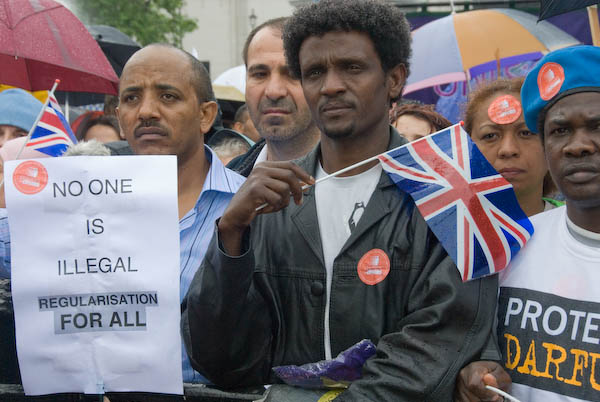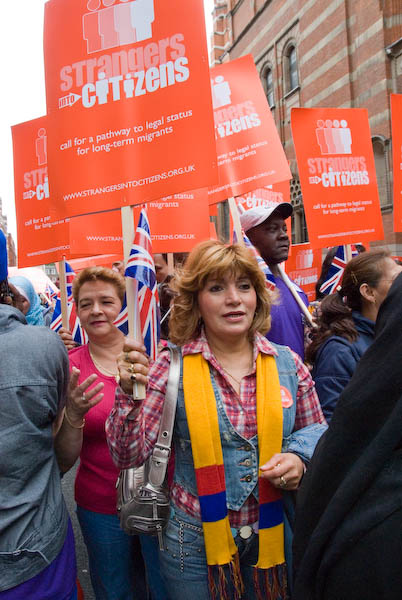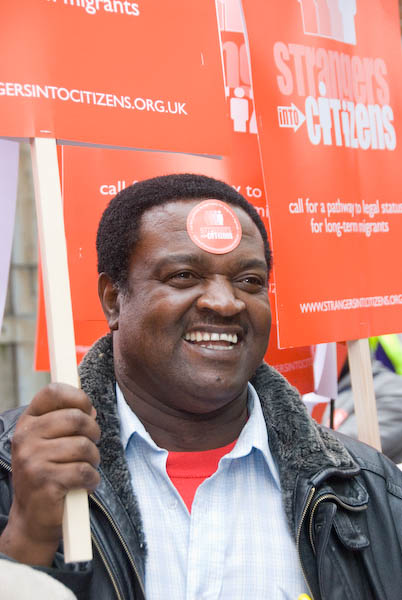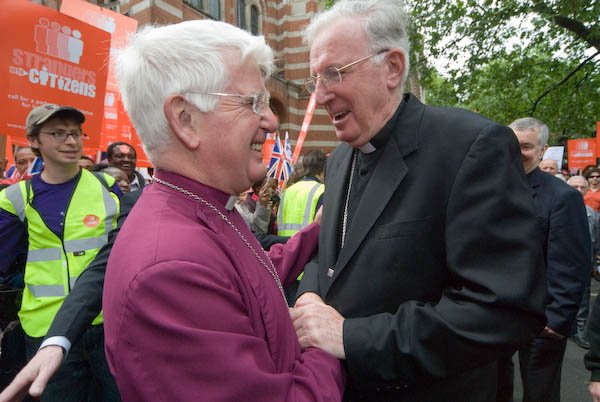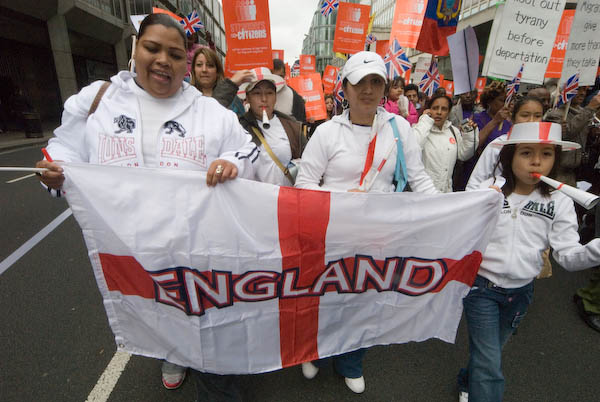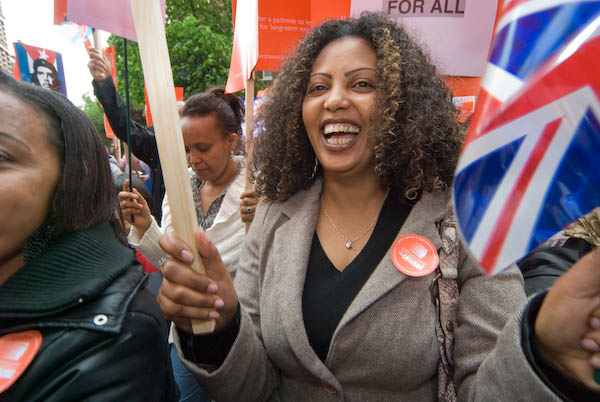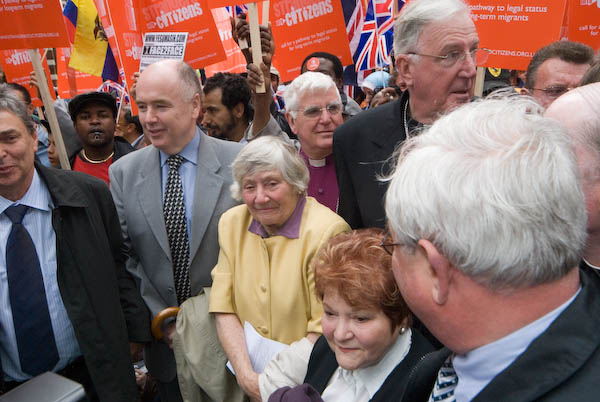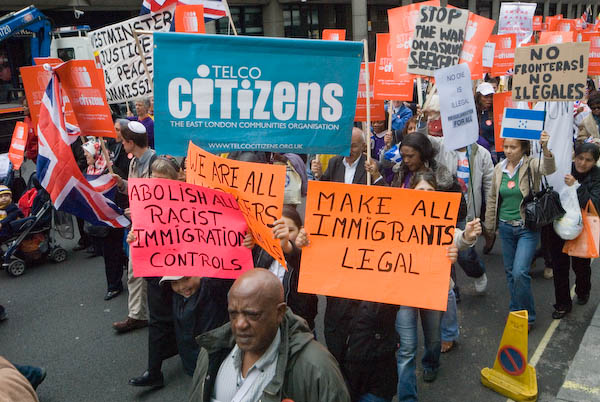Staines, Always Just Staines – Staines-upon-Thames Day, Sunday 20th May 2012.
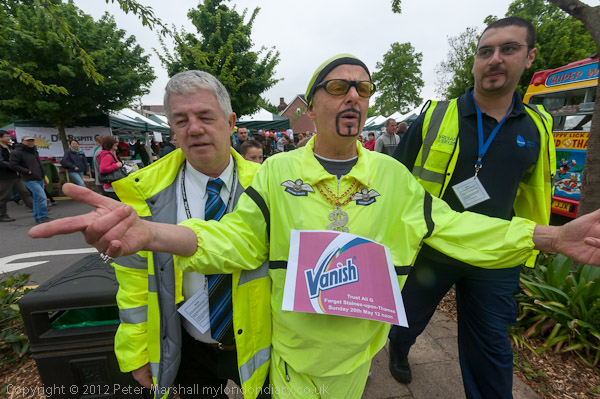
I’ve lived in Staines since 1974, but it was a place I knew years earlier, growing up seven miles to the east in Hounslow, now a part of Greater London, but then, along with Staines in Middlesex. Staines was out in the country, and I remember watching a herd of cows being driven along one of its main roads. A few boys from there came to my school, and we would sometimes laugh at their country yokel accents.
Staines then was a place we would sometimes come to on Bank Holidays, taking a 116 or 117 bus ride and then walking to the Lammas, a park beside the Thames, with paddling pools and a diving pool into the river. It was here I learnt to swim, though now anyone foolish enough to get in the river here probably gets first-aid treatment.
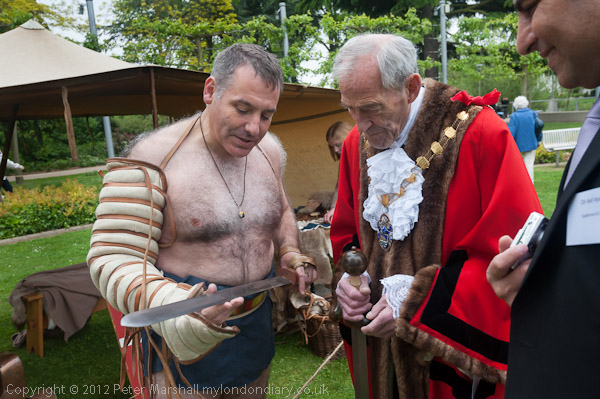
Staines had its own smell, or rather stink of linseed oil from the lino – Staines’s largest industry occupying a large site to the north of the High Street – but now long-closed and a large shopping centre. The smell hung on for a few years, but I think has now gone. And that High Street had a notorious and ever-present traffic jam, taking the A30, the main route to the south-west, though the centre of the town. That was alleviated by the opening of the Staines Bypass, and later the M3 and M4 which run a few miles to the south and north of the town, but Staines Bridge, despite widening, continues to be a traffic bottleneck.

Politically, Staines has long been true-blue Tory, one of the safer Conservative seats, and its current MP is Kwasi Kwarteng, though he spends little time in the constituency. In 1965 when almost all Middlesex became part of London, a rebellion by backwoods Tories in the posher areas of Sunbury and Shepperton led to the formation of a new borough, Spelthorne, which broke away to become a part of Surrey, the ancient enemy county across the Thames.
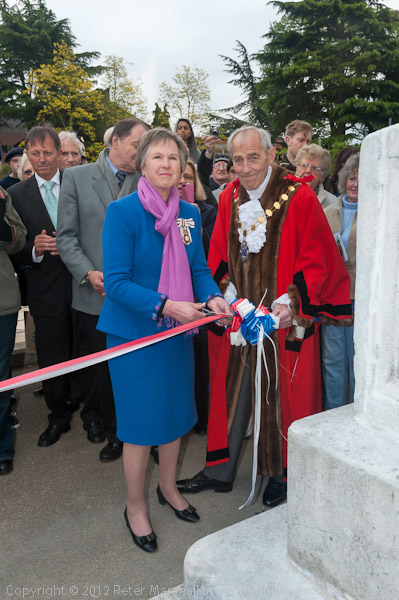
While the Thames was the major factor in the development of Staines – a Roman bridging point, Ad Pontes – more recently its proximity to London’s Heathrow airport and three motorways – M25, M3 and M4 have been significantly more important in persuading major companies to set up offices in the area. So it was something of an anachronism when Tory councillor Colin Davis, over a Magnum of Champagne proposed changing its name to Staines-upon-Thames – more appropriate would have been Staines-by-Heathrow.
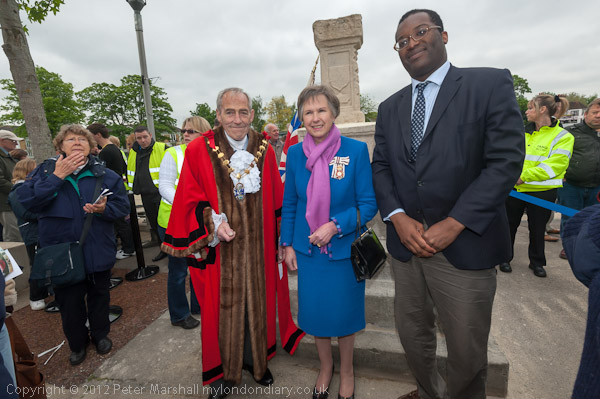
Few if any actual Staines residents backed the change, though it was popular with estate agents and the like. Many voted against it in the local referendum, but most of these votes were disqualified as they came in via the local football club, enabling the Tories to forge a majority. The whole campaign, fired by the anger of a few at the comedian Sacha Baron Cohen whose character Ali G claimed a gangster upbringing in the ‘Staines Ghetto‘ and to be the leader of ‘Da West Staines Massiv‘ showed a massive sense of humour deficit, as well as a whiff of anti-semitism. Ali G had been a huge publicity boost for Staines, and the campaign for the name change attracted more world-wide publicity – and even an article in Vanity Fair.
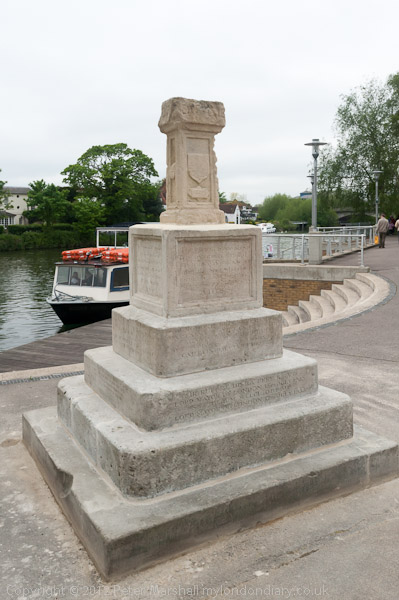
Colin Davis won his bet, and the name change was officially made and celebrated at an event in Staines on Sunday 20th May 2012. Since it was taking place a short walk from my home I went to photograph it. As I comment in My London Diary, “An Ali G lookalike who turned up to a Staines event marking the local council’s decision to change the name of the town because of the publicity given it by Ali G was escorted off the site by security. It was further proof that some Spelthorne councillors lack a sense of humour but need to make an ass of themselves.”

Colin Davis is no longer a Spelthorne Councillor, and was more recently chair of the Enfield Southgate Conservative Association in north London. He was this year suspended from the Conservative Party and subsequently “resigned after after a photo allegedly showing him wearing a Nazi uniform at a social event several years ago emerged.”
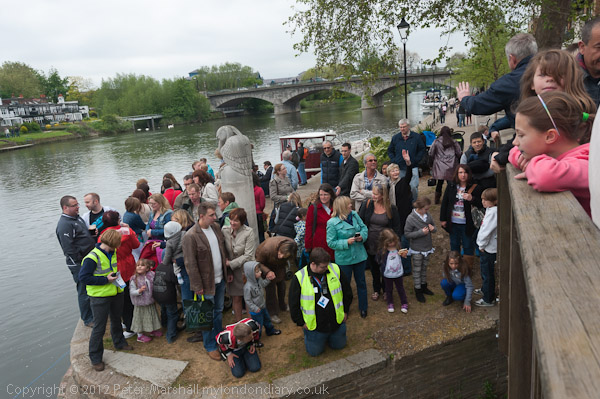
Spelthorne Council has featured in Private Eye and elsewhere on numerous occasions over recent years for its huge borrowing from the Public Works Loan Board to buy office and retail space, much of it outside the Borough, though it does include £385m for the large BP site in Sunbury. The man behind the policy – which the Treasury has said it would ban other local authorities following was deposed as Tory group leader in 2020, after which he and 5 other councillors left the Tory Party to form the United Spelthorne Group.
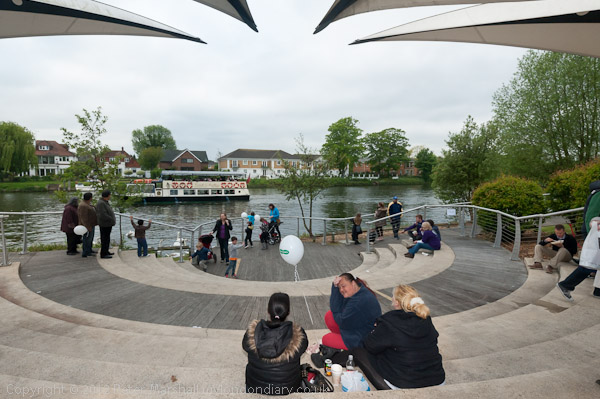
Their resignations left the Conservatives in a minority on Spelthorne Council, which is not in a position of ‘no overall control’ for the first time since its formation – which is perhaps how local councils should be. Two Labour councillors have also left for the Breakthrough Party, and the council now has a minority administration of Liberal Democrats, Green Party and the Independent Spelthorne Group.
Personally I still live in Staines. If I can be bothered when web sites fill in my address as Staines-upon-Thames I correct it. It’s not really a big deal, unlike Brexit, but it would be nice to go back officially to the old name.
More on My London Diary at Council Attempts To Rename Staines.
